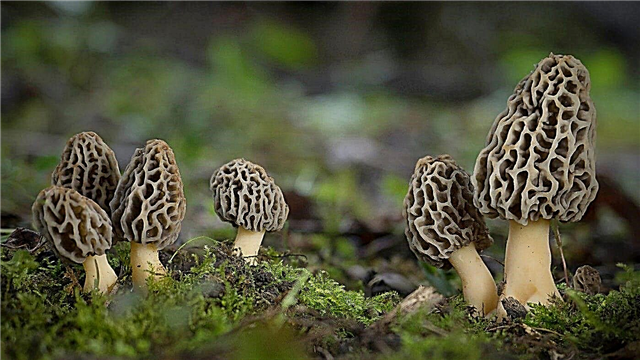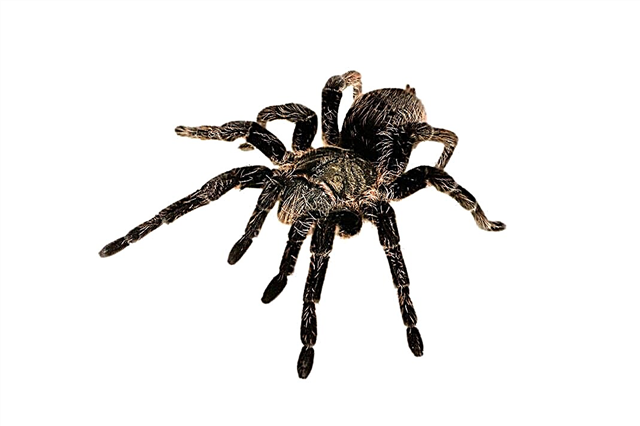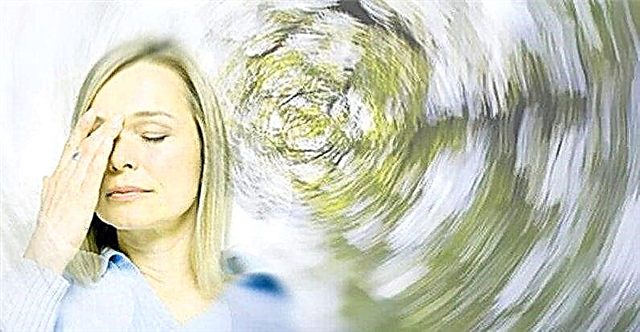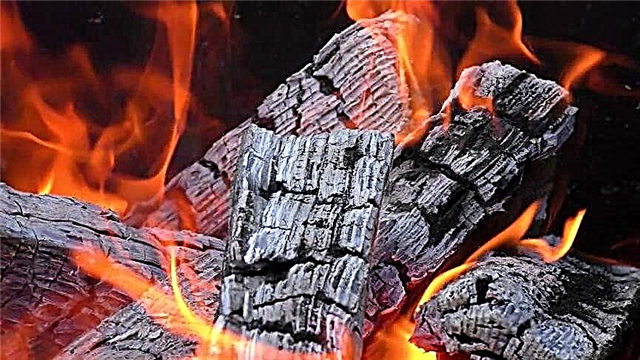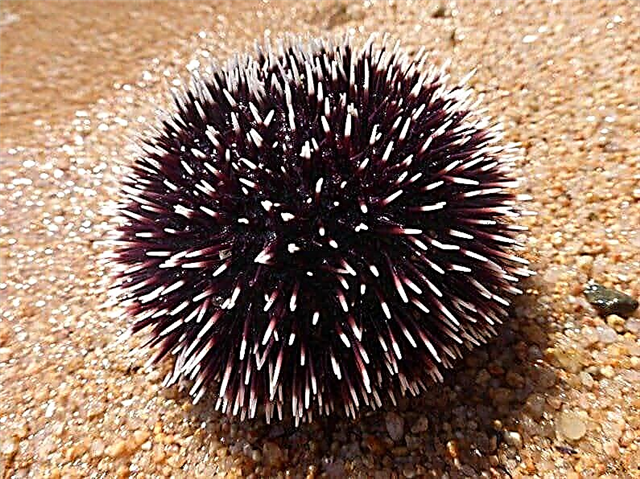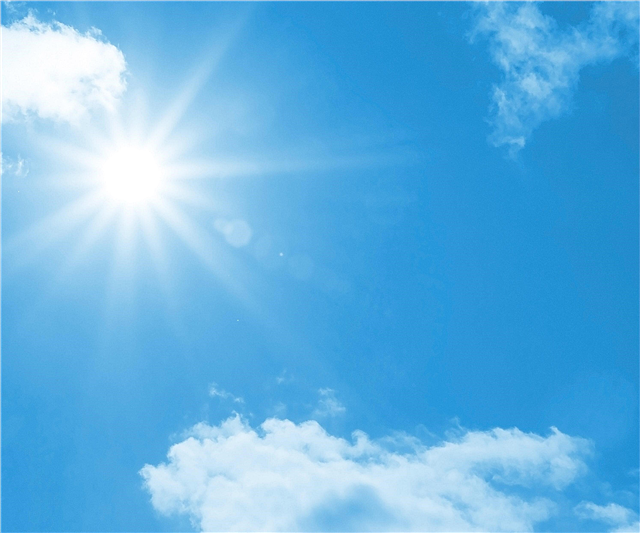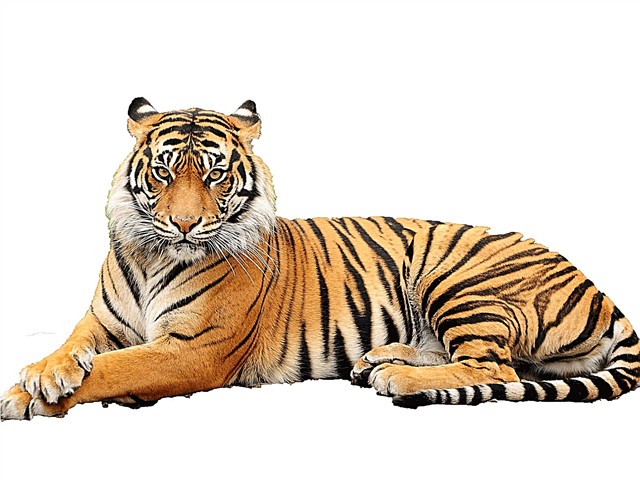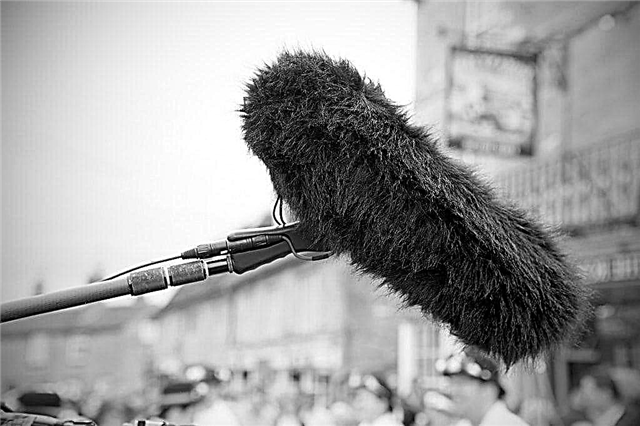
Up to 3 meters in height, up to 1000 kilograms of weight - bears can have such parameters, depending on the subspecies. A powerful body, a massive head, claws - hardly anyone dreams of meeting such a one-on-one, so it’s worth going to the forest where this representative of predators is hardly found.
The second option is to go there in winter when the bears hibernate. But it must be remembered that not all bears go to the den in the cold season. Those representatives of formidable predators that live in warmer countries are quite able to exist without seasonal sleep. Although the same polar bears, living by no means in hot latitudes, also do not hibernate. The exception is their lactating or bearing offspring females. There is an explanation for everything.
What is hibernation of a bear?
From a scientific point of view, hibernation of a bear is not a full sleep. When the beast lies in the den, its metabolic processes slow down. At the slightest danger, the animal quickly wakes up. The body temperature of the bear decreases by only a few degrees - from 38 to 31-34. The state of sleep is preceded by the appearance of lethargy among predators, slowdown, apathy. This on an instinctive level makes us look for a place to equip the den.
During hibernation, the bear does not defecate or urinate: waste products are processed into proteins, which are so necessary for its existence. The body is completely rebuilt to a new regime.The duration of sleep depends on natural conditions and accumulated nutrients and ranges from 2.5 months to six months. During this time, the animal loses about 50% of its mass.
The den, or the sleeping room for the bear

In order for the clubfoot to hibernate, two conditions are necessary: a sufficient accumulation of subcutaneous fat and a well-equipped den. The animal’s bedchamber is a chamber about 1.0-1.2 meters high and 1.6-1.8 meters long, and the entrance corridor reaches 2.5-3 meters. It is interesting that if you wake a predator in the winter, it will not always return to its lair. If for some reason it has become unfit for sleep, the bear goes to look for another.
Reasons for hibernation
As mentioned above, this species of mammals refers to animals with large dimensions. To feed, they need a lot of food. These predators are omnivorous, but some prefer animal food, some prefer vegetable. In the cold season, it is difficult to get the second one, and it’s difficult to keep a long time only by eating other animals for the bears. The inability to eat normally leads to their hibernation.
Polar bears, having no problems with food all year round, because their diet consists of seal meat and fish, is for this reason that they do not need a long sleep. Moreover, in winter it is easier to hunt them on hard ice. But polar bears are sleeping. On the go and more sensitively and briefly, in the spring-winter period.
Their brown relatives, due to lack of food, also fall into hibernation.Sleep provides oxygen savings in the den, as well as the consumption of nutrients that animals accumulate during the period of activity. What prevents them from storing plenty of acorns, roots, nuts and other food is not known.
Moving to warmer climes for bears is also difficult: they maintain a sedentary image, making wanderings only when it is necessary to search for new places to eat. That's all together and compels us to look for another way to survive in cold and hungry times.
Interesting Facts
Bears also breed in winter. Females give birth to offspring in a dream. Babies, of which there are up to 5 in a litter, eat exclusively milk during the first months of their life.
The widespread belief that bears, in order not to starve completely while they sleep, suck their paw, is a mistake. The feet of the animal are adapted for walking on stones, uneven ground and other inconveniences, therefore they are covered with a thick layer of skin. In winter, a new one begins to grow under it, to which the bear “helps” in a dream, biting. The second version is the elimination of discomfort from the peeling process. In addition, young skin is very tender, afraid of the cold, so clubfoot warms it with its breath and by licking its tongue.
Thus, the winter sleep of bears is a necessity due to which predators survive in the cold season.

